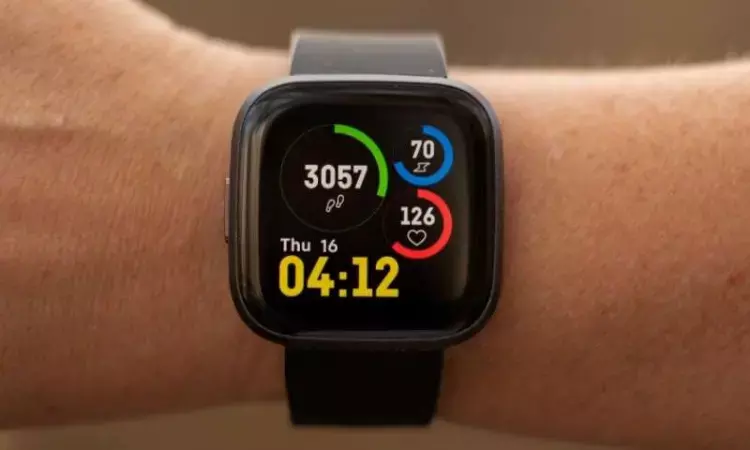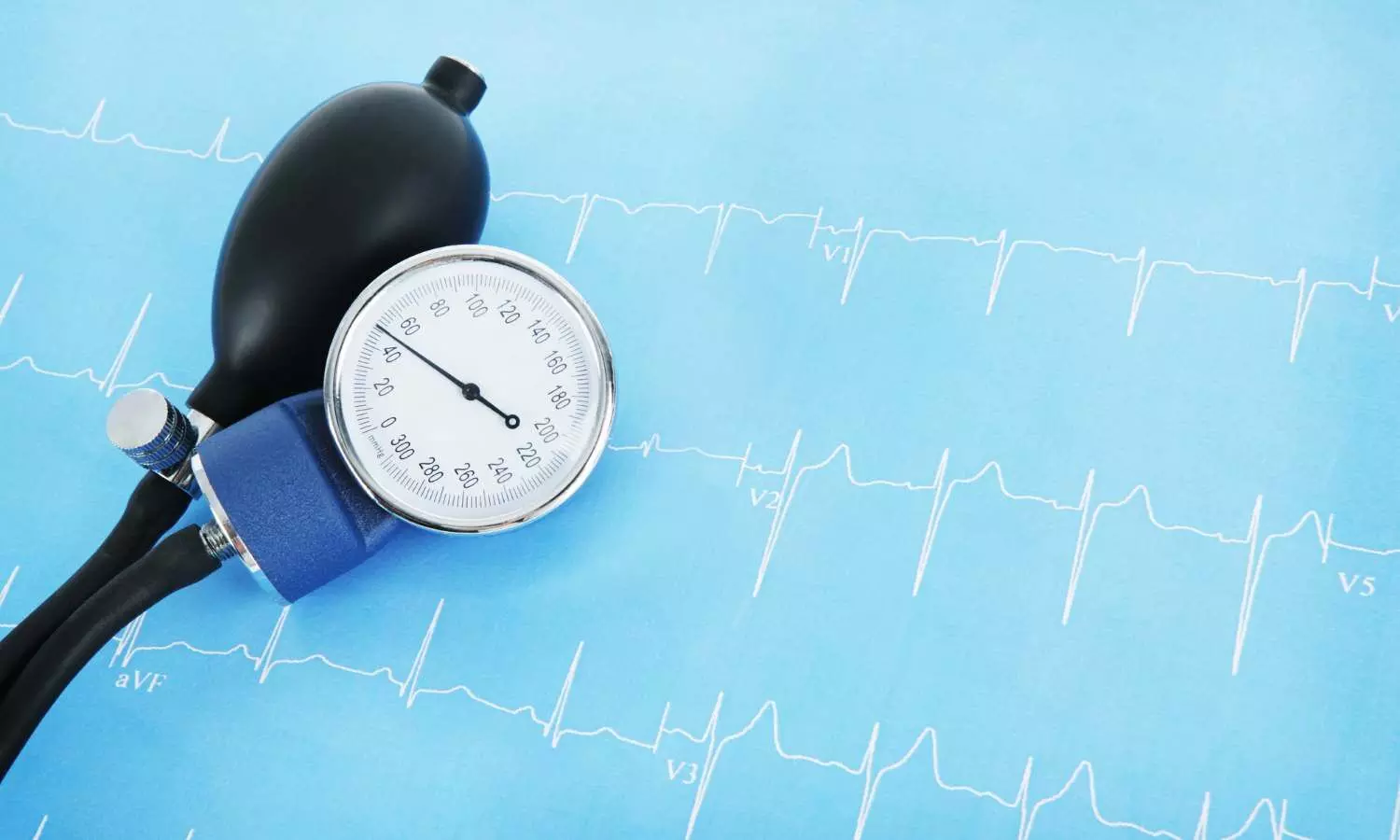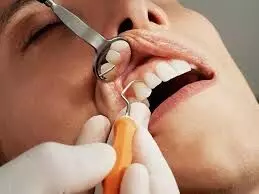- Home
- Medical news & Guidelines
- Anesthesiology
- Cardiology and CTVS
- Critical Care
- Dentistry
- Dermatology
- Diabetes and Endocrinology
- ENT
- Gastroenterology
- Medicine
- Nephrology
- Neurology
- Obstretics-Gynaecology
- Oncology
- Ophthalmology
- Orthopaedics
- Pediatrics-Neonatology
- Psychiatry
- Pulmonology
- Radiology
- Surgery
- Urology
- Laboratory Medicine
- Diet
- Nursing
- Paramedical
- Physiotherapy
- Health news
- Fact Check
- Bone Health Fact Check
- Brain Health Fact Check
- Cancer Related Fact Check
- Child Care Fact Check
- Dental and oral health fact check
- Diabetes and metabolic health fact check
- Diet and Nutrition Fact Check
- Eye and ENT Care Fact Check
- Fitness fact check
- Gut health fact check
- Heart health fact check
- Kidney health fact check
- Medical education fact check
- Men's health fact check
- Respiratory fact check
- Skin and hair care fact check
- Vaccine and Immunization fact check
- Women's health fact check
- AYUSH
- State News
- Andaman and Nicobar Islands
- Andhra Pradesh
- Arunachal Pradesh
- Assam
- Bihar
- Chandigarh
- Chattisgarh
- Dadra and Nagar Haveli
- Daman and Diu
- Delhi
- Goa
- Gujarat
- Haryana
- Himachal Pradesh
- Jammu & Kashmir
- Jharkhand
- Karnataka
- Kerala
- Ladakh
- Lakshadweep
- Madhya Pradesh
- Maharashtra
- Manipur
- Meghalaya
- Mizoram
- Nagaland
- Odisha
- Puducherry
- Punjab
- Rajasthan
- Sikkim
- Tamil Nadu
- Telangana
- Tripura
- Uttar Pradesh
- Uttrakhand
- West Bengal
- Medical Education
- Industry
Just 2,600 daily steps may be ideal for unlocking Health Benefits
 Credit: Jaren Wilkey/BYU
Credit: Jaren Wilkey/BYUIn a transformative leap towards a healthier future, a groundbreaking meta-analysis has decoded the intricate relationship between step counts and overall well-being. With just 2,600 daily steps, a significant improvement in health outcomes is witnessed, and this benefit steadily amplifies up to 8,800 steps per day.
The study results were published in the Journal of the American College of Cardiology.
The study meticulously examined the correlation between step counts and health benefits, focusing on outcomes crucial to public health: all-cause mortality and incident cardiovascular disease (CVD). The results showcased a significant risk reduction at the modest threshold of 2,600 steps per day. Individuals achieving this minimum benchmark experienced notable enhancements in their overall health, marking a pivotal milestone in preventive healthcare.
Results of the study:
- The study included data from 111,309 individuals from 12 studies.
- Researchers found a significant reduction of risk for all-cause mortality as low as 2,517 steps/d compared with 2,000 steps/d
- Compared with 2,000 steps/d as the reference, substantial benefits were found by taking 2,735 steps/d for incident CVD.
- Moreover, maintaining a moderate to high step cadence further enhances these benefits.
- An optimal dose at 8,763 and 7,126 steps/d offered a nonlinear risk reduction of all-cause mortality and incident CVD.
- Risk reductions surged with hip-worn accelerometers compared with pedometers and wrist-worn accelerometers.
Individuals achieving this minimum benchmark experienced notable enhancements in their overall health, marking a pivotal milestone in preventive healthcare. Taking these steps plummeted the risk of all-cause mortality underscoring the transformative power of an active lifestyle.
Thus, the implications of this research are profound. Public health initiatives, fitness apps, and personalized healthcare plans can now integrate these findings, offering tailored recommendations to individuals seeking to enhance their well-being. By simplifying the approach to health, this study has paved the way for a more accessible and inclusive healthcare landscape.
Further reading: Relationship of Daily Step Counts to All-Cause Mortality and Cardiovascular Events. https://doi.org/10.1016/j.jacc.2023.07.029
BDS, MDS
Dr.Niharika Harsha B (BDS,MDS) completed her BDS from Govt Dental College, Hyderabad and MDS from Dr.NTR University of health sciences(Now Kaloji Rao University). She has 4 years of private dental practice and worked for 2 years as Consultant Oral Radiologist at a Dental Imaging Centre in Hyderabad. She worked as Research Assistant and scientific writer in the development of Oral Anti cancer screening device with her seniors. She has a deep intriguing wish in writing highly engaging, captivating and informative medical content for a wider audience. She can be contacted at editorial@medicaldialogues.in.
Dr Kamal Kant Kohli-MBBS, DTCD- a chest specialist with more than 30 years of practice and a flair for writing clinical articles, Dr Kamal Kant Kohli joined Medical Dialogues as a Chief Editor of Medical News. Besides writing articles, as an editor, he proofreads and verifies all the medical content published on Medical Dialogues including those coming from journals, studies,medical conferences,guidelines etc. Email: drkohli@medicaldialogues.in. Contact no. 011-43720751




